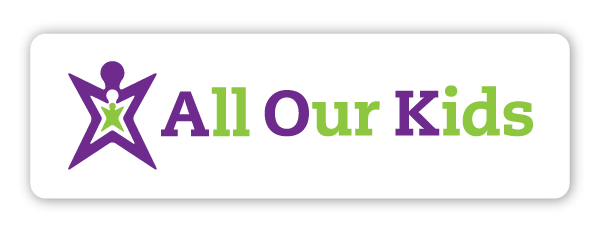Claiming a Foster Child on Your Taxes
Adapted from the AOK Guidebook It Takes a Village.
Before we provide information about taxes, we need to acknowledge two things. First, tax law is constantly changing and the rules that govern taxes today might not be the same that will govern taxes next year. Second, we encourage you to consult with a professional tax preparer or accountant for questions and information that are unique to your situation. That said, here are some facts about foster care and taxes:
- Foster care subsidies you receive to support foster children are not taxable and do not get reported on your taxes.
- Foster children count as dependents on your taxes, as long as they’ve been in your home at least six months and one day (it is not the case that whoever has had the child longest in a calendar year has the right to claim them on taxes). The exception to this is the “hospital rule.” If you have a newborn who came to you discharged from the hospital after birth (even if it’s several weeks after birth), they count as a dependent if they remained with you, with no interruption, through the end of the calendar year. This is the case even if they were discharged from the hospital on December 31. In some cases, a child will not be able to be declared as a dependent on anyone’s taxes. For example, if a child was born in May, went home with their birth parents, and was then placed with a foster family in August, where they remained through the end of the year. In that case, no one has had the child for at least six months and one day, and there is no “hospital rule” to use.
- In the event that your tax return is denied because someone else already claimed your child on their taxes (and no, the IRS cannot tell you who claimed them), you may mail in your return or electronically resubmit your tax return without the child and then file an amendment to claim the child. Some tax preparers can tell you immediately after a return is electronically filed whether the return was accepted and, if not, for what reason or which child was already claimed. Be aware, mailed in returns are very slow to get processed and for refunds to get received so if possible resubmitting returns electronically may be the best option, especially if there is a refund to be received even without the unaccepted child on the return.
- You must use the name the Social Security Administration (SSA) has on file for your child, or the tax return will not be accepted. This means that until the SSA has a record of your adopted child’s new name, you will need to use your child’s birth name.
- Many tax preparers are not familiar with foster care issues or adoption tax credits for foster care adoptions, and we encourage you to seek out a professional with expertise in this area to advise you, as needed. Feel free to contact us for a referral.
A Note on the Adoption Tax Credit:
The Adoption Tax Credit is a valuable credit, currently worth over $13,000 available to families who adopt a child. In 2023 the Federal Adoption Tax credit is $14890. Although families have to document out of pocket expenses to get the credit when they adopt privately, this is not the case for special needs adoptions. All children who receive some post-adoption subsidy (whether it is only health insurance or health insurance and a financial stipend) are considered “special needs” for tax purposes. This means that families of all children adopted through foster care – as long as they are eligible to maintain their MassHealth coverage post-adoption – are eligible to receive the entirety of the adoption tax credit without documenting any adoption expenses. The amount a family is able to claim in any given tax year will depend on their income and the amount of tax liability they may have, as well as other tax credits available to them. Although it is unusual, some families who adopt from foster care have adoption expenses if they needed to hire a private attorney. In these cases, families still claim the full Federal Adoption Tax Credit as for any other foster to adopt ‘special needs’ adoption, however they may also be eligible for a state adoption credit as well.
